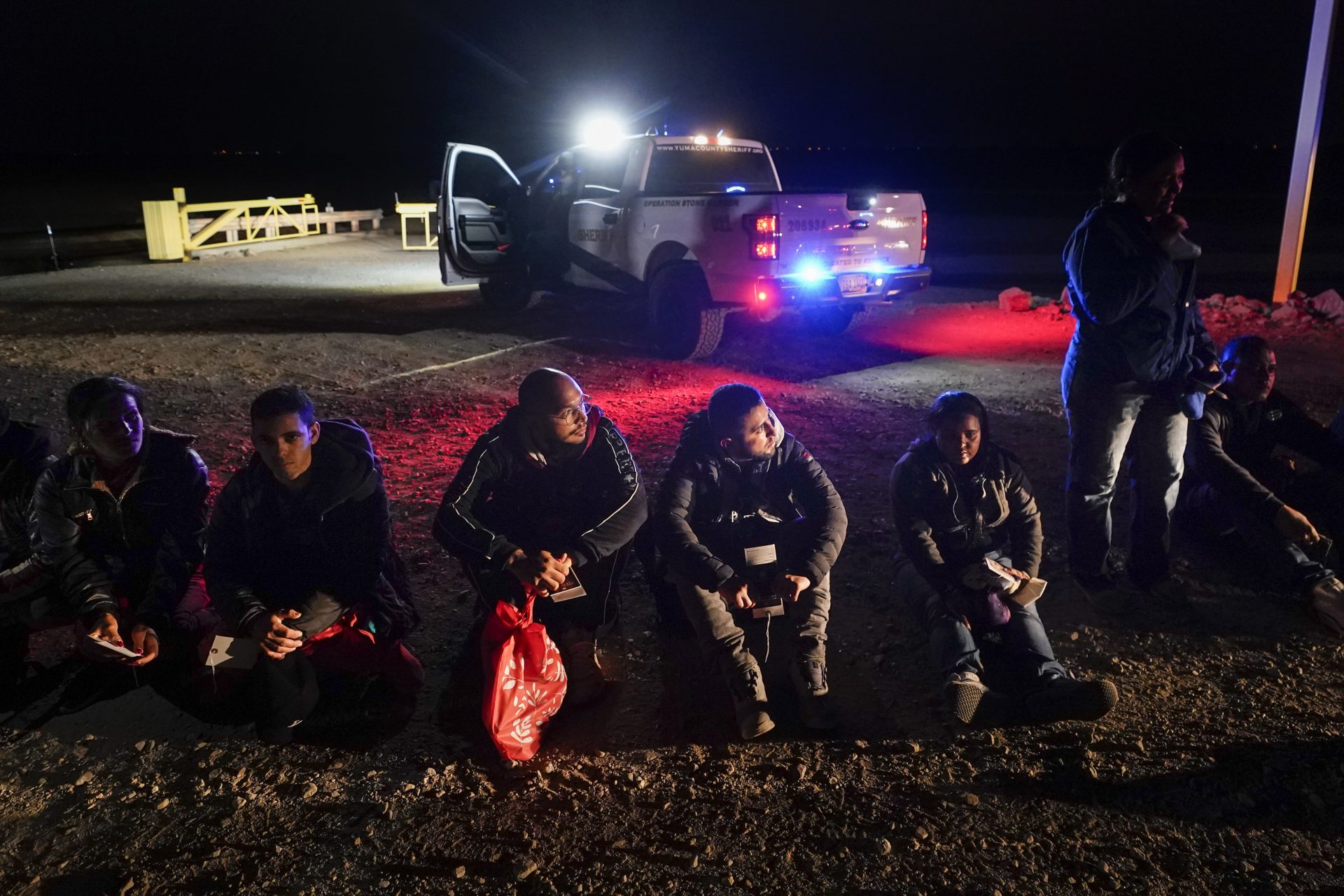|
Only have a minute? Listen instead
Getting your Trinity Audio player ready...
|

One of the major failings of President Joe Biden’s efforts to cull down the number of asylum cases is its primary mandate, that refugees must initiate their petitions within their home countries or another country through which they travel to get to the United States. It disqualifies anyone who does has not initiated the asylum process before they arrived, or through official U.S. offices, and anyone who did not use an official port of entry to get here. The order violates international law, which recognizes that refugees often leave their home countries with little preparation and arrive at their destination by any means possible.
People who are fleeing violence and corruption in their native countries often can’t initiate such efforts at home. In many cases trying to begin asylum petitions while they’re still at home can be tantamount to seeking an abusive partner’s permission to leave him. In addition, Biden doesn’t have the authority to compel intermediary nations to assist the refugees or the U.S. with asylum petitions that don’t affect them directly.
A federal judge agreed, and in July declared Biden’s policies invalid.
“The court concludes that the rule is contrary to law because it presumes ineligible for asylum noncitizens who enter between ports of entry, using a manner of entry that Congress expressly intended should not affect access to asylum,” Judge Jon S. Tigar of the U.S. District Court in Northern California wrote.
U.S. Rep. Vicente Gonzalez has filed legislation intended to address some of the problems. His Safe Zones Act, House Resolution 2946, seeks to create safe places where migrants can go to begin their asylum petitions. Such places would include U.S. embassies, consulates and other diplomatic facilities where this country has jurisdiction to provide them. At least three such zones would be on the U.S.-Mexican border, such as our consulate in Matamoros, and they would be required to provide shelter, food and access to medical care for the refugees. The bill seeks $40 million for each of the next 10 years to help meet such requirements.
The bill also seeks to improve the refugee process, calling for 20 more immigration judges and related staff, prioritizing asylum cases over other visa petitions and imposing time limits of 90 days for determining if petitioners have a credible fear of persecution at their home countries, and then 30 days for giving refugee status to those who have proven such a threat.
Surely, Gonzalez’ effort isn’t perfect; the demand for services and shelter at such safe zones can’t be known before the bill is implemented, and its passage is questionable as long as strong elements within Congress continue to oppose immigration of any form.
But at least it reflects an effort to deal with our immigration problems in a proactive way rather than doing nothing more than issuing public statements with no real action toward reform.
We hope the Safe Zones Act opens the door to serious debate regarding the need to reform our severely outdated and inadequate immigration policies, and offers some hope to the real people, who have real needs for protection and hope to find it within our borders.




